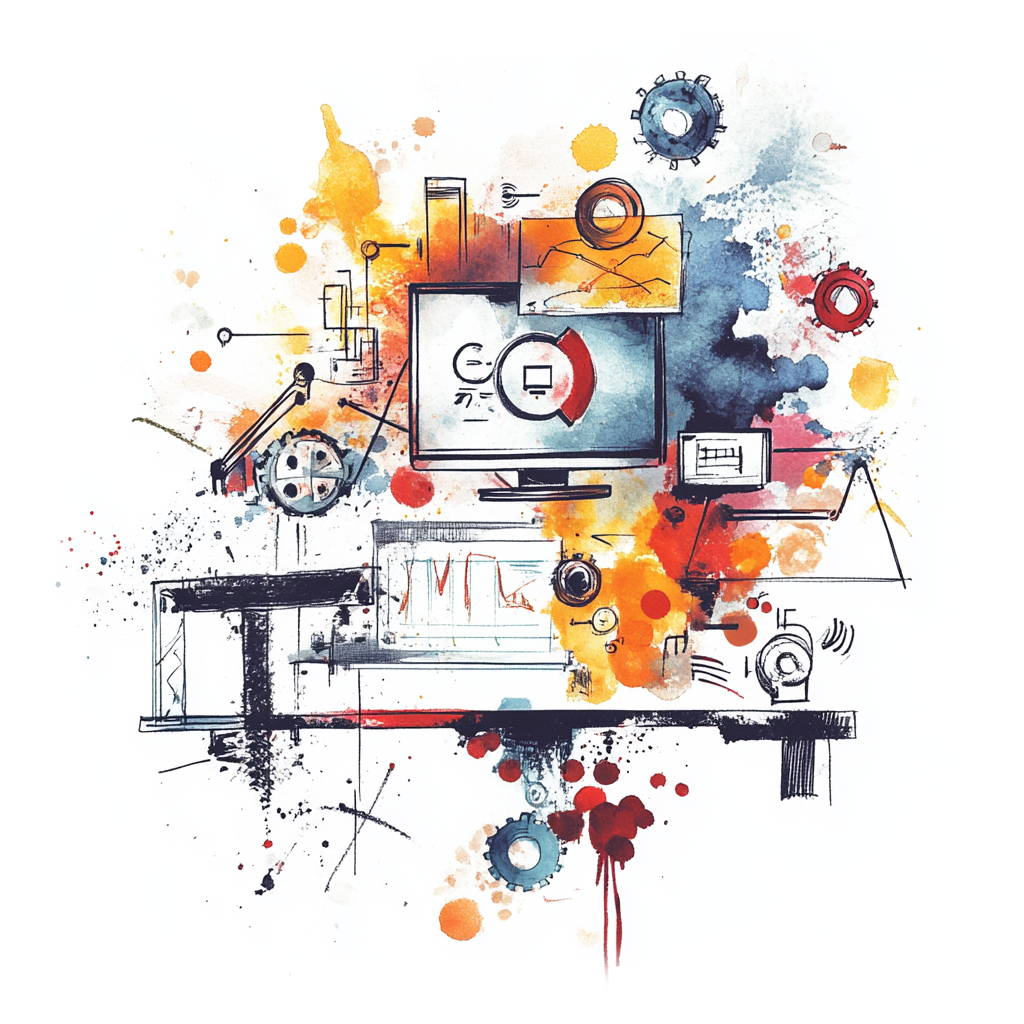Leveraging Self-Owned AI in Gaming
Learn how Gaming companies can leverage self-owned AI to enhance their operations and drive innovation.

Leveling Up: How Gaming Companies Can Power Up with Their Own AI
In the fast-paced world of gaming, where every second counts and every player counts even more, the way companies engage with their audience and create immersive experiences can make or break a title. Enter "Your Own AI"—a robust, self-hosted language model that can change the way gaming firms operate, develop content, and connect with their players. Let’s dive into how this works for upstream operators in the gaming industry.
Epic Use Cases: How Gaming Companies Can Level Up with AI
-
Dynamic Game Narratives
Imagine a game that adapts its storyline based on player interactions. Your AI can analyze player decisions in real-time and adjust dialogues or plot twists accordingly. Games like The Witcher 3 or Detroit: Become Human thrive on narrative depth—now picture that depth expanding infinitely, just by having your own AI crafting responses and evolving story arcs as players engage with them. -
Customized Game Content
Developing fresh, relevant content can be a significant drain on resources. With your AI, you can generate personalized quests or side missions based on player behavior or preferences. If a player tends to enjoy stealth missions, your AI can create more of those on demand, keeping the experience engaging and tailored. -
Better Player Support
Customer support can feel like a never-ending battle, especially during game launches or updates. An AI-driven chat assistant can instantaneously respond to common player inquiries—whether they're struggling with a bug, need help with game mechanics, or want tips. Imagine your players receiving instant advice or solutions, boosting their satisfaction and loyalty. -
Community Engagement
Your AI can help analyze community feedback and social media interactions, processing sentiments and trends at lightning speed. By understanding what players love or loathe, you can adjust your future updates or marketing strategies, ensuring players feel heard and valued. -
Testing & Development Insights
How about using your AI to analyze gameplay data and provide insights? It can identify trends and suggest tweaks for game balance—like nerfing an overpowered character or boosting a weak one. This kind of dynamic troubleshooting can significantly enhance game quality before it reaches players.
Why Going Self-Hosted Matters
Now, you might be thinking, "Great, I want my own AI, but why self-hosting?" Here’s the lowdown:
-
Full Control
By hosting your AI, you have complete command over the data it processes. This is especially crucial in the gaming world, where player info and feedback can be sensitive. Keeping everything in-house aligns with privacy standards while also letting you tweak your AI as needed. -
Tailored Solutions
An AI built and trained specifically for your games and audience will deliver better results than a generic model. Your game mechanics, art styles, and player demographics are unique, and your AI should reflect that uniqueness. -
Enhanced Security
Cybersecurity is a top concern for any business today. Self-hosting minimizes the risk of data leaks since your AI won’t rely on external servers that might not have optimal security protocols. You’re behind your own fortress walls. -
Cost Efficiency
Licensing a third-party AI often means keeping up with subscription fees or service costs. By investing in your own AI, you create a resource that pays dividends in creativity, engagement, and ROI down the road.
Steps to Get Started with Your Own AI
So, how can you beast mode onto your own AI journey? Here’s your roadmap:
-
Define Your Goals
What do you want your AI to do for you? Is it about player engagement, content generation, or data analysis? Set clear, measurable goals! -
Choose the Right Tools
You’ll need software libraries and frameworks that cater to AI development. Explore options like TensorFlow, PyTorch, or Hugging Face, which provide the groundwork for creating custom AI solutions. -
Data Collection
Gather data from your previous games. Player interactions, feedback, and gameplay data are gold. Use this information to train your AI so it truly understands your audience. -
Develop Your Model
Work with data scientists or developers to build a custom model tailored to your needs. Make sure it can interact naturally, understand context, and generate relevant content that resonates with players. -
Test and Iterate
Just like any game, your AI will need testing. Gather internal feedback, refine its responses, and make adjustments as necessary to ensure it hits the mark. -
Launch and Monitor
After thorough testing, it’s time for the spotlight! But your job doesn’t end there. Keep monitoring how players engage with it and be ready to make ongoing tweaks.
In gaming, staying innovative is key, and your own AI could be the ultimate power-up in your arsenal. From crafting captivating narratives to responding adeptly to player needs, the benefits are manifold. So gather your team, strategize, and get ready to embark on your AI quest—your players are waiting!
